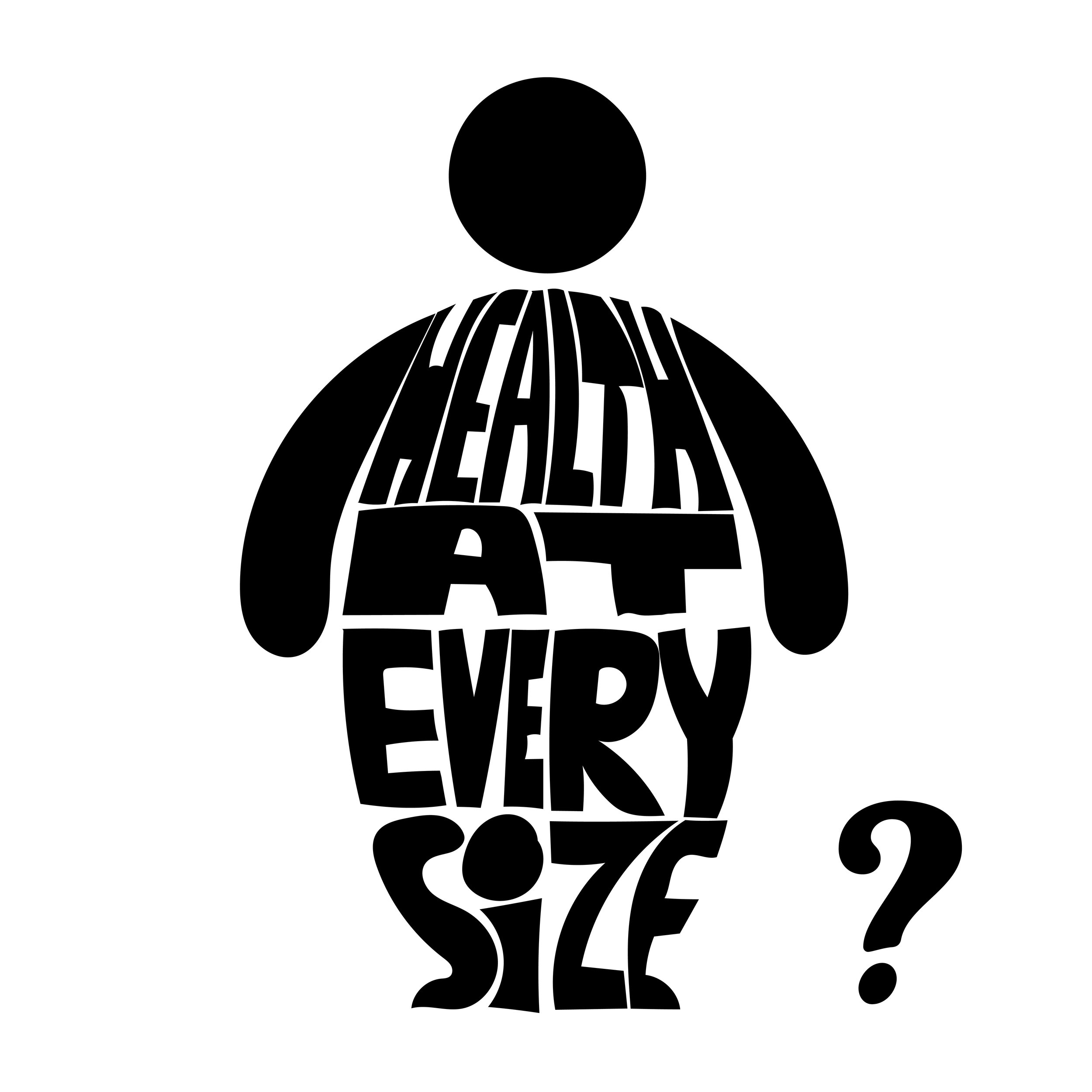Health At Every Size (HAES): Risky or Revolutionary?
This article was originally published on ultraphysical.us on July 12, 2023.
The Health At Every Size (HAES) movement has gained significant attention in recent years, advocating for a shift in the way we perceive obesity, health, and well-being. It posits that individuals of all body sizes can pursue and maintain good health, challenging the notion that body weight is the sole determinant of one's well-being. However, this movement has sparked a contentious debate within the medical and public health communities.
Obesity is a complex condition characterized by excessive body fat accumulation. Over the years, numerous scientific studies have established a strong causal relationship between obesity and a wide range of negative health outcomes. In spite of this, HAES promotes the idea that individuals should focus on adopting healthy behaviors rather than pursuing weight loss as a primary goal. It emphasizes intuitive eating, body acceptance, and engaging in physical activities that promote joy and well-being, rather than focusing on weight or size as the measure of success. Proponents argue that this approach can improve individuals' overall health, self-esteem, and body image.
Supporters of HAES point to scientific studies suggesting that some weight-focused interventions fail to produce long-term health improvements, emphasizing that these interventions may contribute to weight cycling, and result in negative psychological outcomes. They argue that promoting body acceptance and “healthy behaviors” can lead to improved physical and mental well-being, irrespective of changes in body weight. However, in order to make this claim, they seem to redefine “physical well-being” as something to be quantified via subjective means, such as self-reported survey questions, rather than relying on biological markers for assessing health.
The balance of the literature strongly supports a causal link between obesity and negative health outcomes. This speaks to the potential risks and limitations of HAES. Critics argue excessive body weight, especially obesity, is associated with a range of health problems, including cardiovascular disease, diabetes, and certain types of cancer. This argument is in line with what the scientific data seem to indicate. So, challengers to HAES indeed have firm footing in their opposition. They contend that dismissing the importance of weight management and downplaying the health risks of obesity may lead to complacency and hinder efforts to address the obesity epidemic.
Obesity is a well-known risk factor for cardiovascular disease, including conditions like coronary artery disease, heart failure, and stroke. Research has consistently shown that obesity increases the likelihood of developing high blood pressure, dyslipidemia, and insulin resistance, all of which contribute to cardiovascular disease. The American Heart Association emphasizes the significant impact of obesity on cardiovascular health and promotes weight management as a crucial component of CVD prevention.
Not to mention, it is a primary risk factor for the development of type 2 diabetes (T2D). Excess body fat, especially visceral fat, disrupts insulin signaling and leads to insulin resistance, a key mechanism in the development of T2D. In fact, according to diabetes.co.uk, obesity is believed to account for 80-85% of the risk of developing type 2 diabetes, while recent research suggests that obese people are up to 80 times more likely to develop type 2 diabetes than those with a BMI less than 22. Numerous epidemiological studies have shown a clear association between obesity and the incidence of T2D, as well.
The bad news doesn’t stop there. Having an elevated BMI is associated with an increased risk of several types of cancer, including breast, colon, endometrial, kidney, liver, and pancreatic cancers. Adipose tissue produces hormones and inflammatory substances that promote tumor growth, angiogenesis, and metastasis. Large-scale meta-analyses have consistently shown a positive association between obesity and various cancers.
Obesity puts excess stress on the musculoskeletal system, leading to conditions such as osteoarthritis, low back pain, and musculoskeletal injuries. Increased body weight exacerbates joint degeneration, particularly in weight-bearing joints, contributing to the development and progression of osteoarthritis. It’s is also associated with an increased risk of respiratory conditions such as sleep apnea, asthma, and specifically, obesity hypoventilation syndrome. Excess weight can impact lung function and respiratory mechanics, leading to breathing difficulties.
For obvious reasons, the HAES movement poses challenges for public health policies and interventions. Traditional approaches have, logically, focused on weight reduction as a primary goal for improving obesity related health outcomes. HAES proponents argue for something of a paradigm shift which would emphasize promoting what they call “healthy behaviors,” reducing weight stigma, and supporting individuals in achieving “well-being” regardless of their body size. This talk is very popular among politicians and public figures, who tend to leap at the opportunity to signal empathy toward the largest growing group of Americans. Roughly two thirds of adults in the US are overweight, and thirty-six percent are obese, as I write this.
Forbes recently reported that the mayor of New York City, Eric Adams, after signing a bill banning weight discrimination, stated: “And science has shown that body type is not a connection to if you are healthy or unhealthy.”
The bill itself might have some merit. With that said, public statements like this one seem to me an obvious part of the problem.
They are both inaccurate and confusing. Imagine suffering with obesity; having your physician repeatedly warn you of some of the risks it poses to your health; struggling to lose weight and keep it off. You adopt lifestyle changes, join a gym and begin to exercise regularly. You commit to moderating the amounts and types of foods you consume. You decide to start read fitness publications. On the cover, you see an obese person touted as the future of fitness. Strange, considering the talk you just had with your doctor. You turn on the television and the mayor assures you that your weight has no impact on your health. You’ve arrived at your destination.
As someone who has spent decades helping people achieve a variety of fitness goals, there is one thing I can tell for sure. The more nebulous the goal, the less likely the individual is to achieve it. Clarity in objective is prerequisite to success in any endeavor. We do a disservice to anyone by blurring the target at which they aim. Seems obvious, right?
Given the consensus of the wealth of existing scientific literature on this topic, common sense would caution us that normalizing obesity and deemphasizing weight management may have unintended consequences, such as diminishing the urgency to address the obesity epidemic, increasing unnecessary negative health outcomes and death, and potentially burdening healthcare systems with increased obesity-related conditions.
Finding a middle ground that recognizes the importance of both weight management and body acceptance throughout what must be a progressive journey is crucial. This much is certain. It is important to address weight-related stigma and promote sustainable strategies, while clearly acknowledging the health risks associated with obesity. Public health efforts should focus on comprehensive strategies that encompass both mental well-being and actual physical health, fostering healthy, responsible choices, and reducing weight bias.
The Health At Every Size movement has sparked a significant debate regarding approaches to bodyweight and health. While well-meaning proponents argue for a shift towards body acceptance and what they call “healthy behaviors,” concerned critics, myself included, continue to express well founded concerns about the potential danger of downplaying the health risks of obesity. Striking a balance between empathy with those suffering and establishing effective sustainable means to address the public health crisis the obesity epidemic presents is essential to moving forward.





